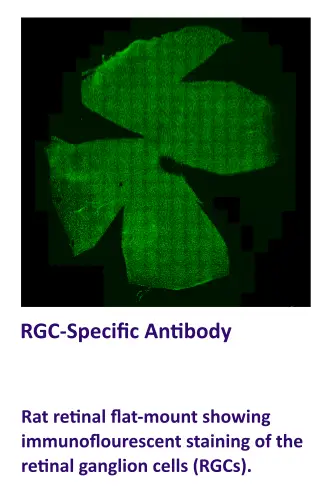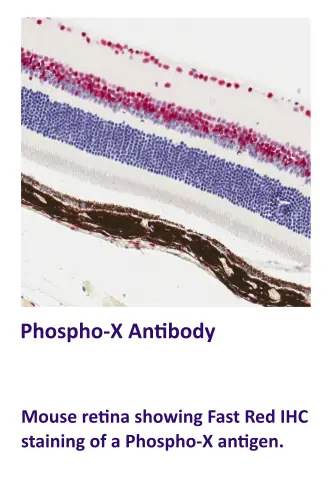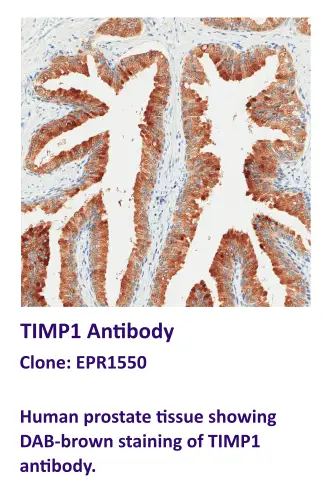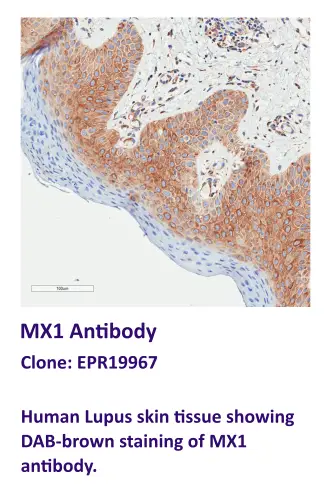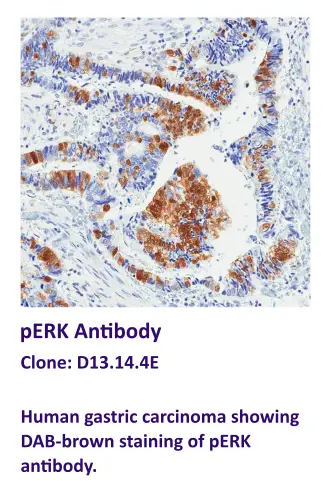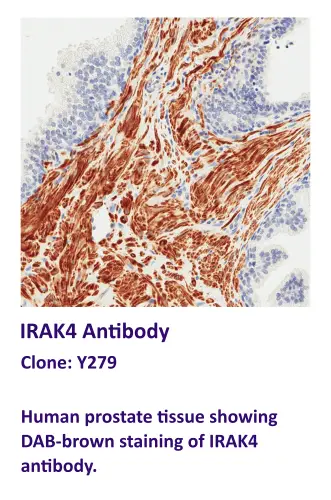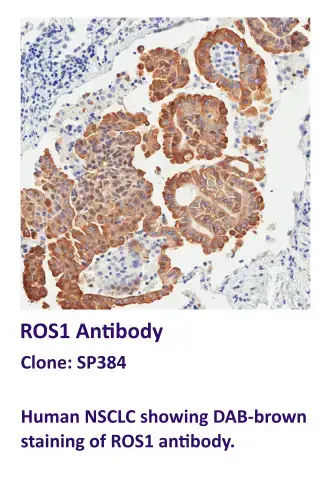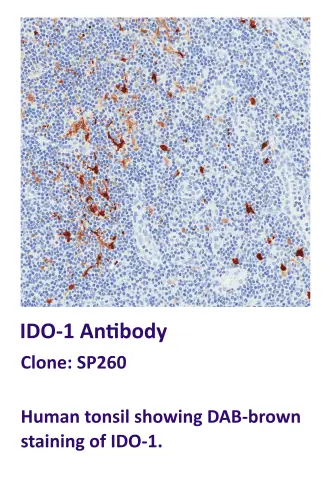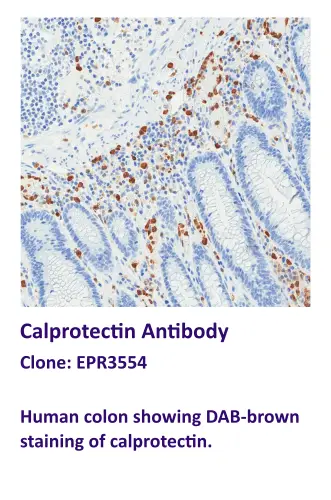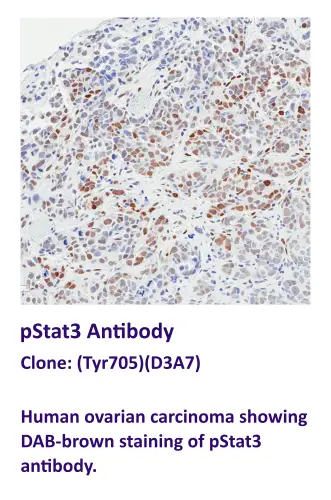Chromogenic Multiplexing Immunohistochemistry
At Gnome Sciences, we lead the industry in offering specialized molecular pathology services. We are experts in Multiplexed Immunohistochemistry (Multiplex IHC) using Chromogenic stains. Our services are designed to detect multiple markers simultaneously within individual cells in FFPE biospecimens. We recognize the complexity of various diseases and systems such as oncology (tumor heterogeneity/microenvironment), respiratory, immune system, and viral-infected tissues, which often comprise multiple cell types expressing different markers. Comprehending the co-localization of these markers through Gnome Sciences’ Multiplex IHC service is a crucial step towards better understanding these diseases and systems.
Explore your chromogenic multiplexing IHC requirements with our expert team:
Service Overview
Multiplex (Multicolor) Immunohistochemistry & Immunohistochemistry/In Situ Hybridization
Gnome Sciences excels in the simultaneous detection of co-localized biomarkers within individual cells.
Tissue Preparation & Sectioning
If your specimen collection process is still underway, our team of scientists can provide expert advice on the best practices for collection, storage, and fixation for both human and animal tissue. Fresh or frozen tissue provided by you undergoes our rigorous quality control process. We then manage tissue fixation for fresh tissue, processing, trimming, embedding, and sectioning. Our team selects the most suitable microtome for each application to ensure we have the best FFPE samples for your studies. We use microscopic analysis to guarantee the right type of tissue is present in the optimal orientation on the slides for analysis. If your project requires it, we can also create tissue microarrays (TMAs). If you have already prepared sections or FFPE slides ready for analysis, you can simply send us your samples.
Chromogenic Multiplexed Immunohistochemistry (ChroMIHC™)
For the study of markers one at a time in tissue, single color fluorescent or chromogenic stains are effective. However, they are insufficient for detecting multiple cell types or differential co-localized marker expression without using numerous valuable sequential tissue sections, and they may miss critical microenvironment boundaries. Gnome Sciences’ ChroMIHCTM overcomes these limitations by enabling the simultaneous detection of multiple markers at the cellular/sub-cellular level within individual tissue sections. Our solution uses distinct differentially labeled antibodies in the multiplexed IHC to reveal marker co-localization and cell type identification. We can also combine chromogenic stains.
Antibody Selection & Optimization
Gnome Sciences’ team of scientists can assist in selecting the correct antibodies and labels for your study, and we can develop and validate the detection protocols. We will collaborate closely with you throughout the process, and we can cater to any or all of your project needs. We specialize in carrying out the intricate ‘challenging studies’ that the larger entities shy away from, though we are equally ready to assist you with routine projects.
Advanced Studies
At Gnome Sciences, we hold expertise in a multitude of detection and analysis methodologies and can effectively blend these techniques to provide the answers you need. For instance, we can amalgamate chromogenic and fluorogenic marker detection to facilitate simultaneous protein and RNA expression/colocalization. We can integrate anatomical pathology with IHC, RNA microRNA, and other molecular pathology detection techniques in single sections. Our services extend to gene variant analysis to compare patients or study cellular differences in tumor microenvironments. We offer viral RNA detection and variant analysis for COVID-19 biospecimens and other viral infectious diseases. Furthermore, we can merge protein marker analysis with quantitative gene expression analysis (qRT-PCR) and laser capture microscopy (LCM) for single-cell analysis of genes and cells. Share with us your objectives, and we will partner with you to achieve the answers.

